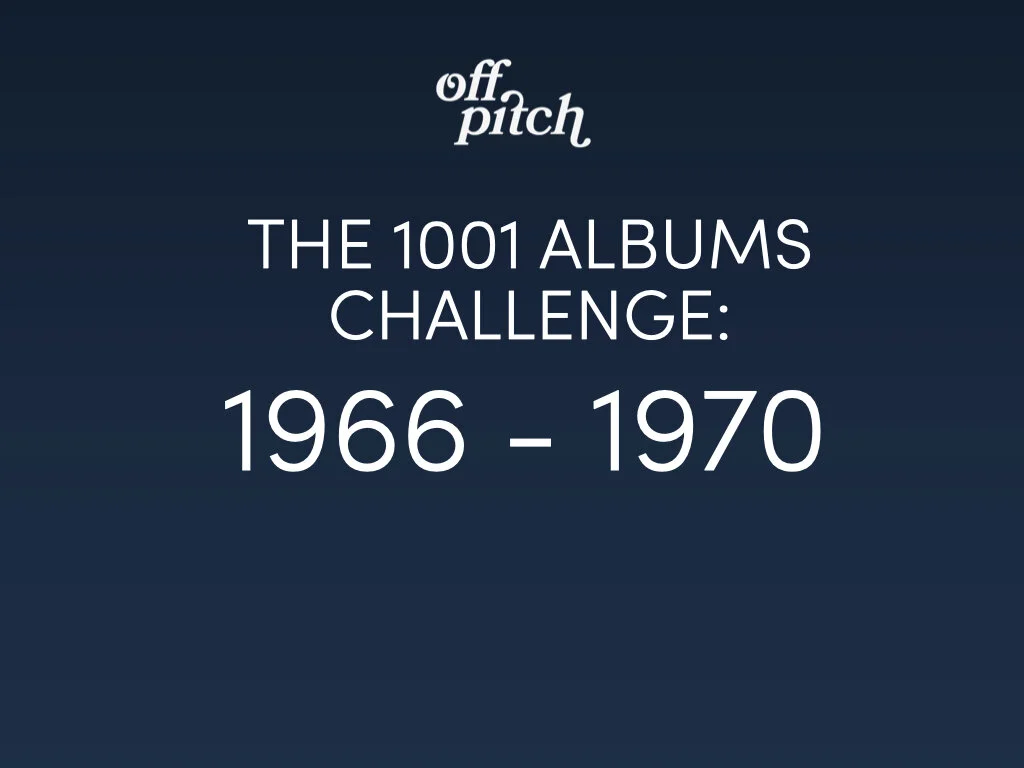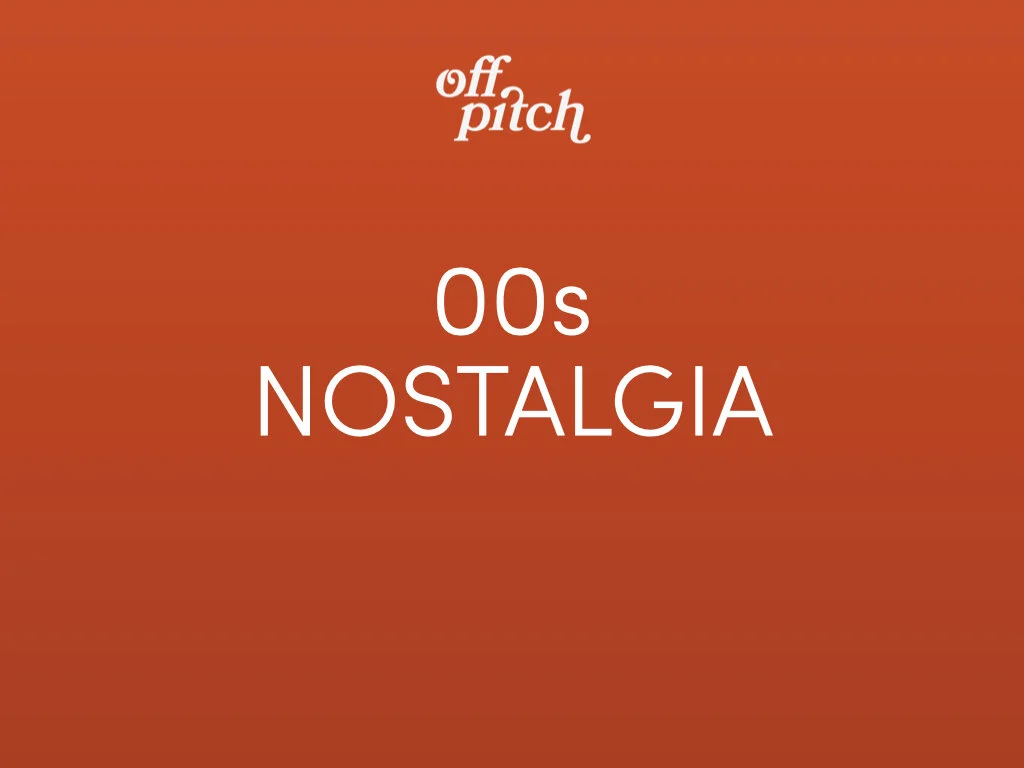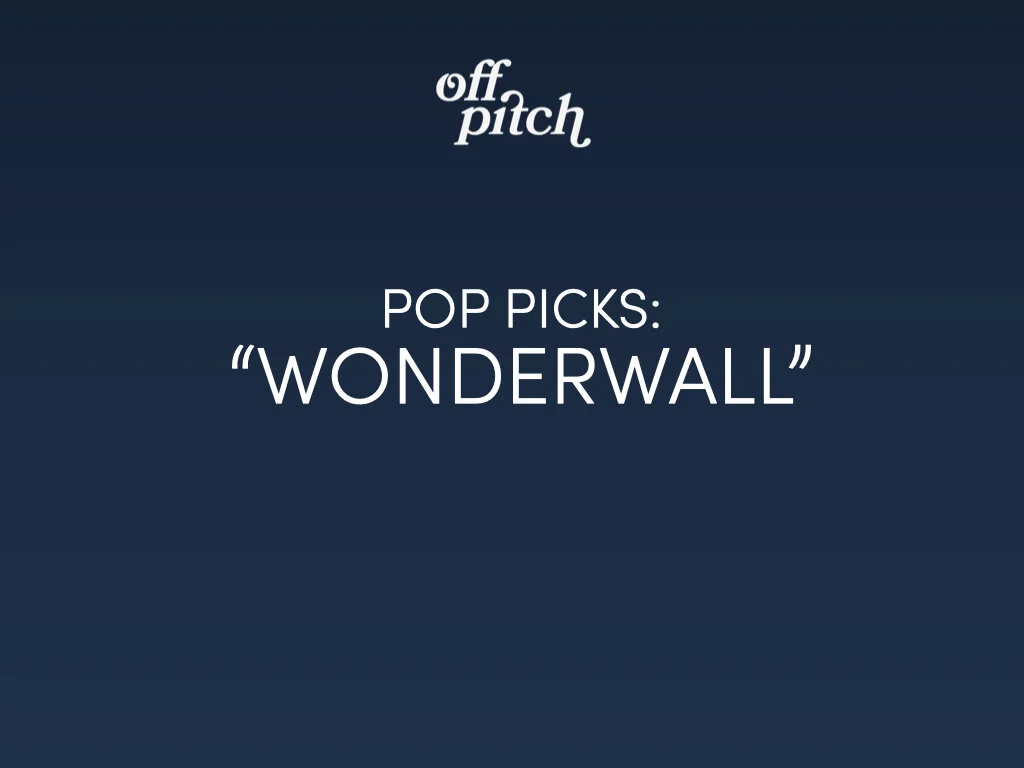Even in the best of circumstances, making a living as a working musician is tough. Streaming services, which pay artists pathetic royalties, seem more concerned with other sources of revenue than they do investing in the artists that drive current profits. This pandemic has wiped out touring, a crucial source of income for musicians. And with face-to-face contact discouraged, things like studio sessions and songwriting rounds have gotten a lot tougher.
Luckily creatives are... well, creative. Traditional touring might not be an option, but artists are finding other ways of delivering their music. Two guys in particular are adapting especially well: Kenny Beats and Marc Rebillet. The two beat-makers have a lot in common, as evidenced by this heavenly collab, but it’s their differences in business models and relationship with the internet that make them both worth featuring in this article.
If you’ve spent any time on my Instagram, you’re familiar with my worship of Kenny Beats. The man is a fantastic, hard-hitting producer, but he’s also the type of collaborator that consistently brings out the best in his rapper buddies. The YouTube video I linked to above is the latest installment of The Cave, Kenny’s web series where he brings in artists to make a quick song on the spot. It’s hands-down my favorite music channel on YouTube. The songs almost always hit, and Kenny’s goofy, easy-going nature leads to plenty of hilarious banter.
As a hit producer, Kenny isn’t quite as affected by the shutdown on live music. But during a pandemic, spending hours in a place called “The Cave” with lots of other people isn’t the best idea. So a couple of months ago, Kenny Beats launched his own Twitch channel.
For those who don’t know, Twitch is a live streaming platform best known for its video game streamers. Wondering where that Fortnite montage on YouTube got all its sweet clips? Probably Twitch. Kenny Beats is far from the first musician to live stream on Twitch (or in general), but his schtick translates to the platform without the growing pains other artists deal with. Viewers get the same behind-the-scenes cookups, hilarious rapper cameos, and Kenny Beats charm that they would watching an episode of The Cave.
Twitch is nothing new for Marc Rebillet. He’s been live streaming his raunchy, loop-based musical improv since long before the pandemic. It’s the perfect platform for an entertainer like Rebillet. His off-the-cuff genius means that he can deliver a never-ending supply of fresh content, and live stream chats allow the audience to be a part of the creative process.
But Marc Rebillet is a live performer too, and losing his 2020 tour dates must’ve hurt. Good thing he has those improvisational skills. A few weeks ago, Rebillet announced a summer tour held exclusively at drive-in theaters, and I can’t wait to see how it plays out. As an employee of the music industry, I’m excited by and invested in how musicians are going to adapt to the new normal. And as a Marc Rebillet fan, I’m happy he’s found a way to keep his career going strong.
Kenny Beats and Marc Rebillet may be at the top of their game, but their adaptability in the face of a global pandemic is a glimmer of hope for working musicians everywhere. Alternative income for artists is something that’s going to be valuable long after this pandemic subsides. And hopefully, this will spark a new era of artists everywhere getting the money they deserve.
Lyle B.










